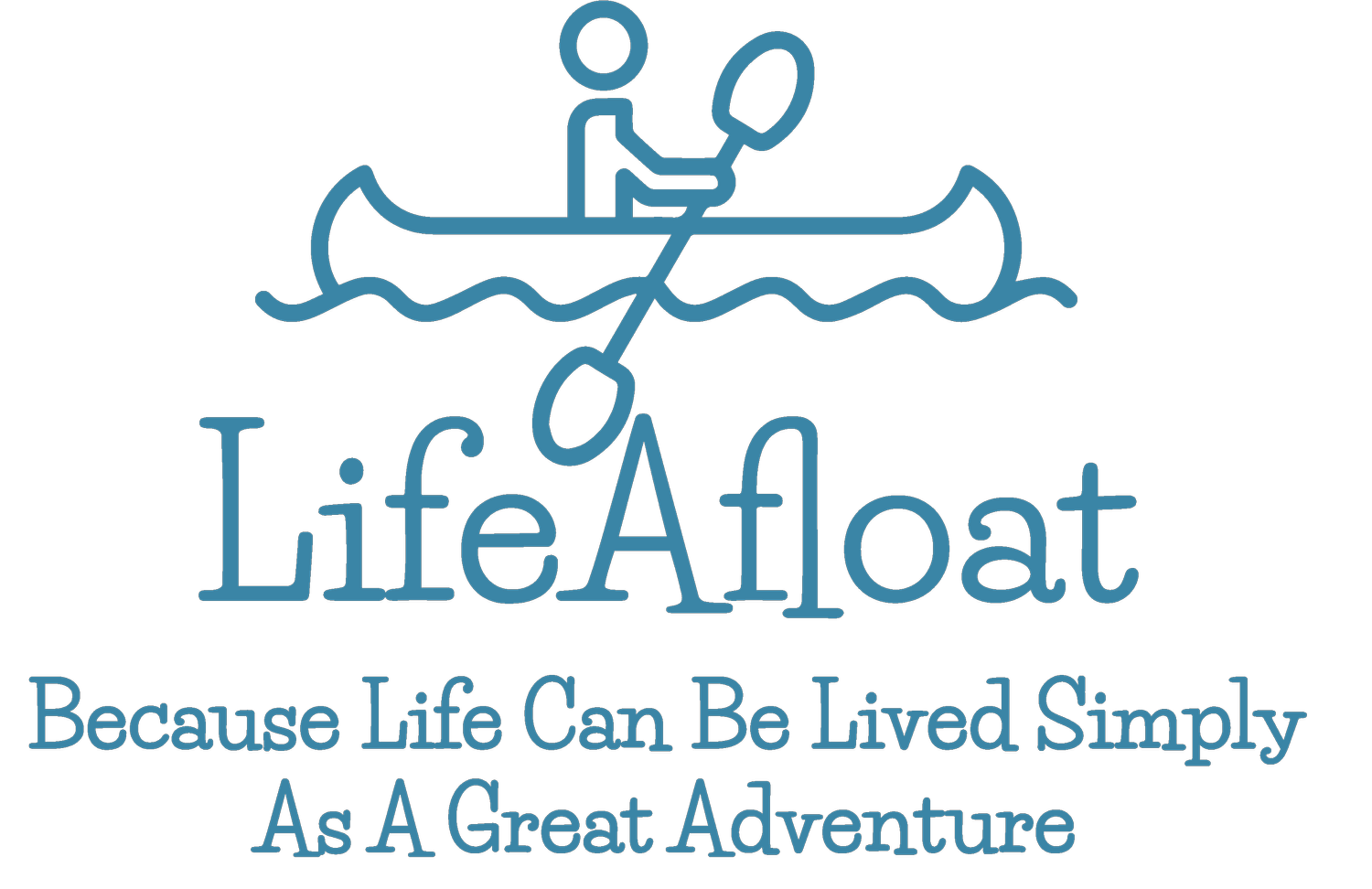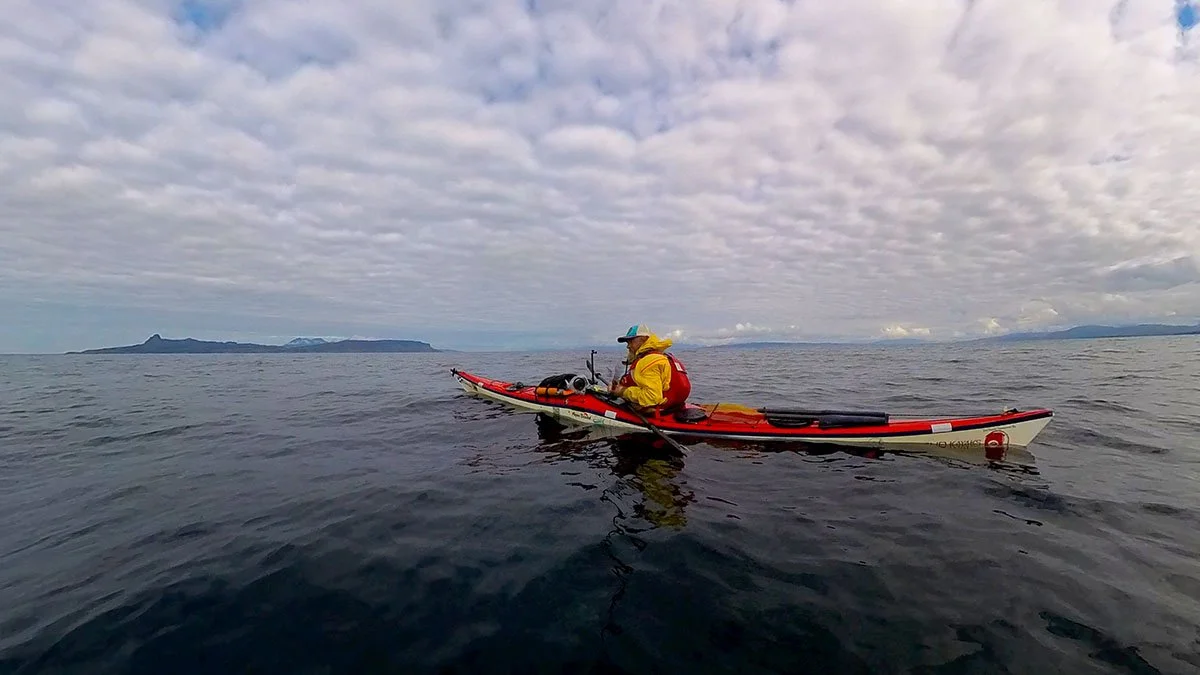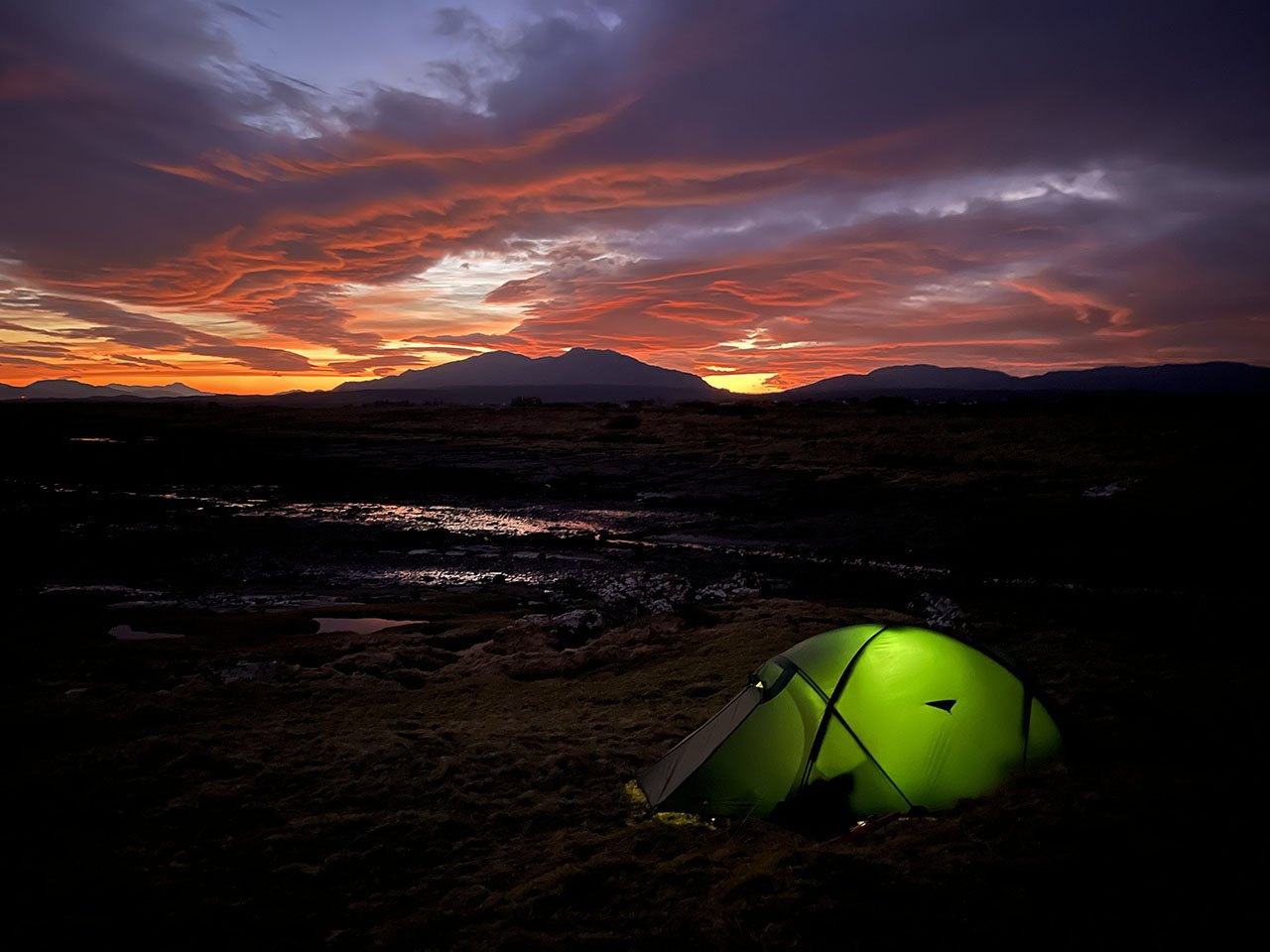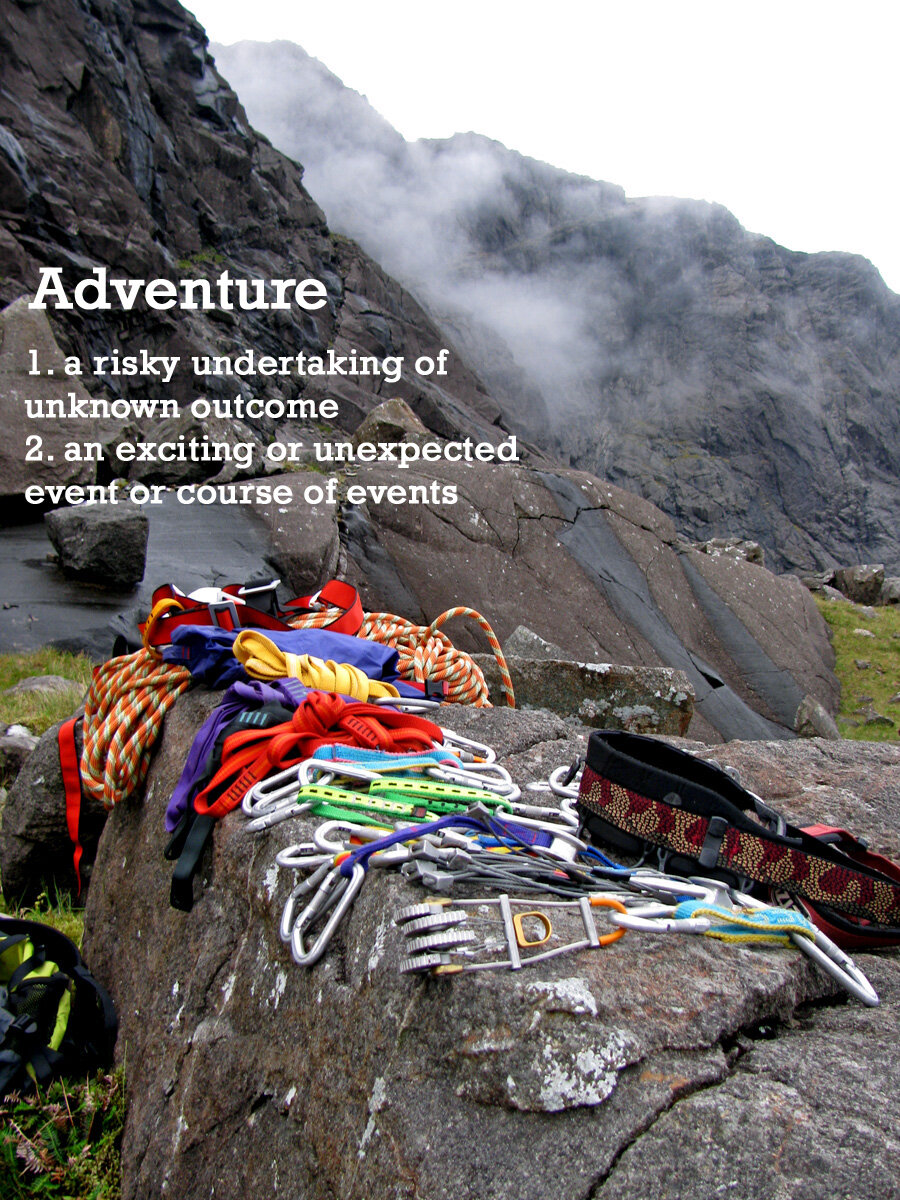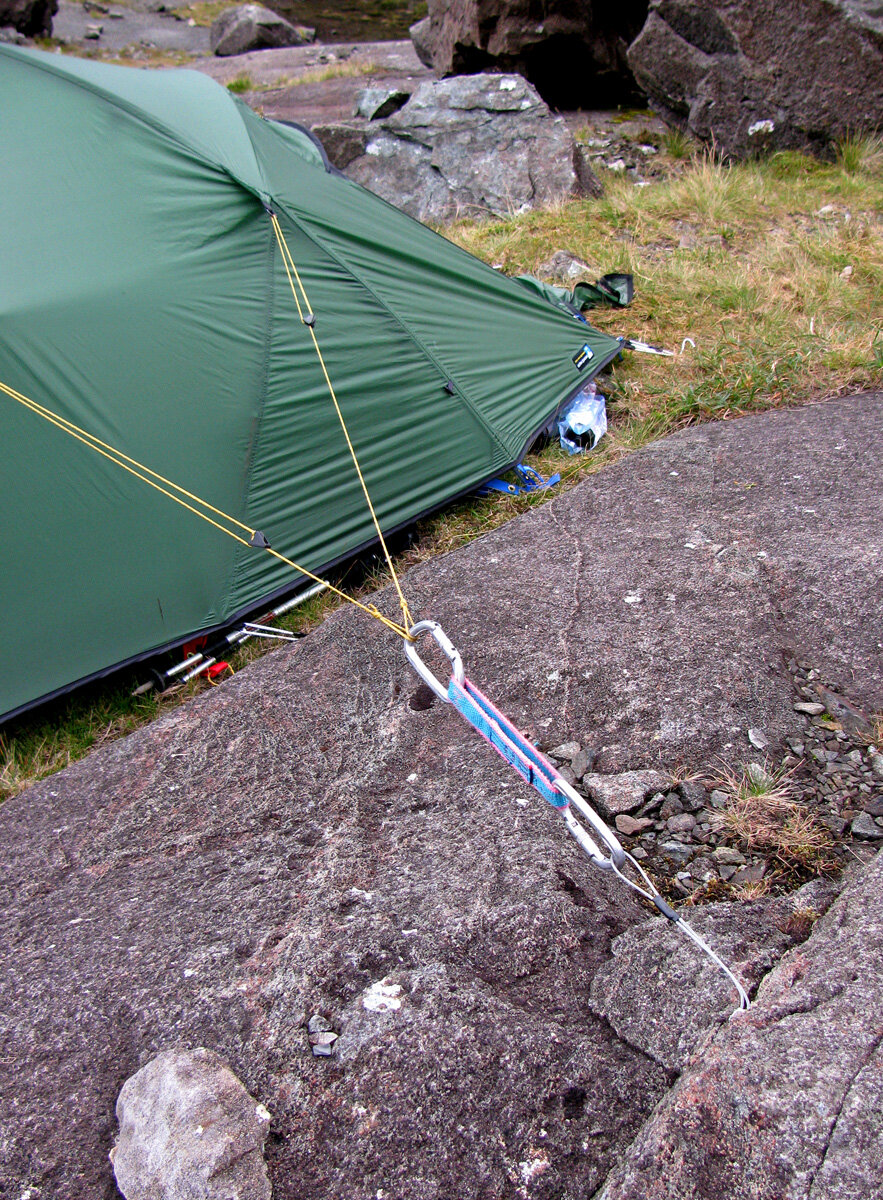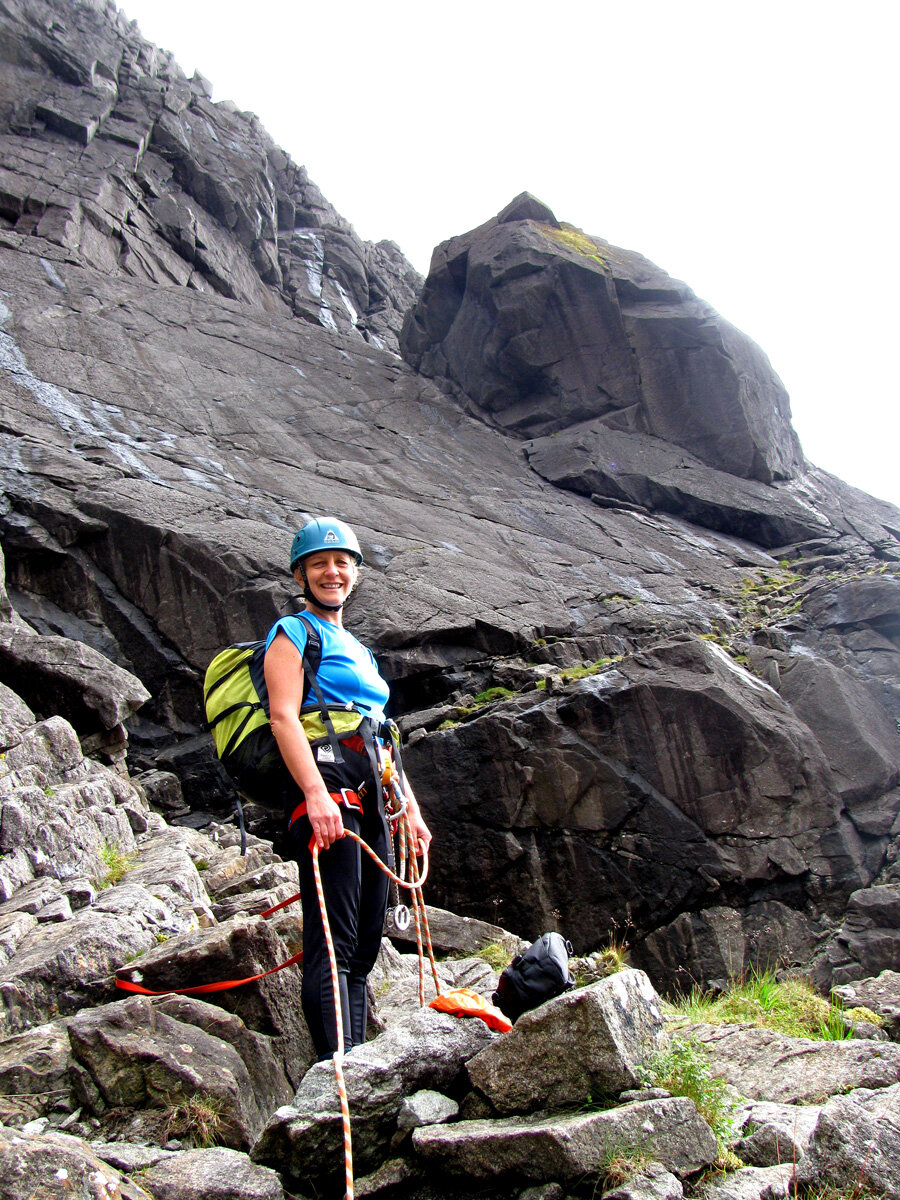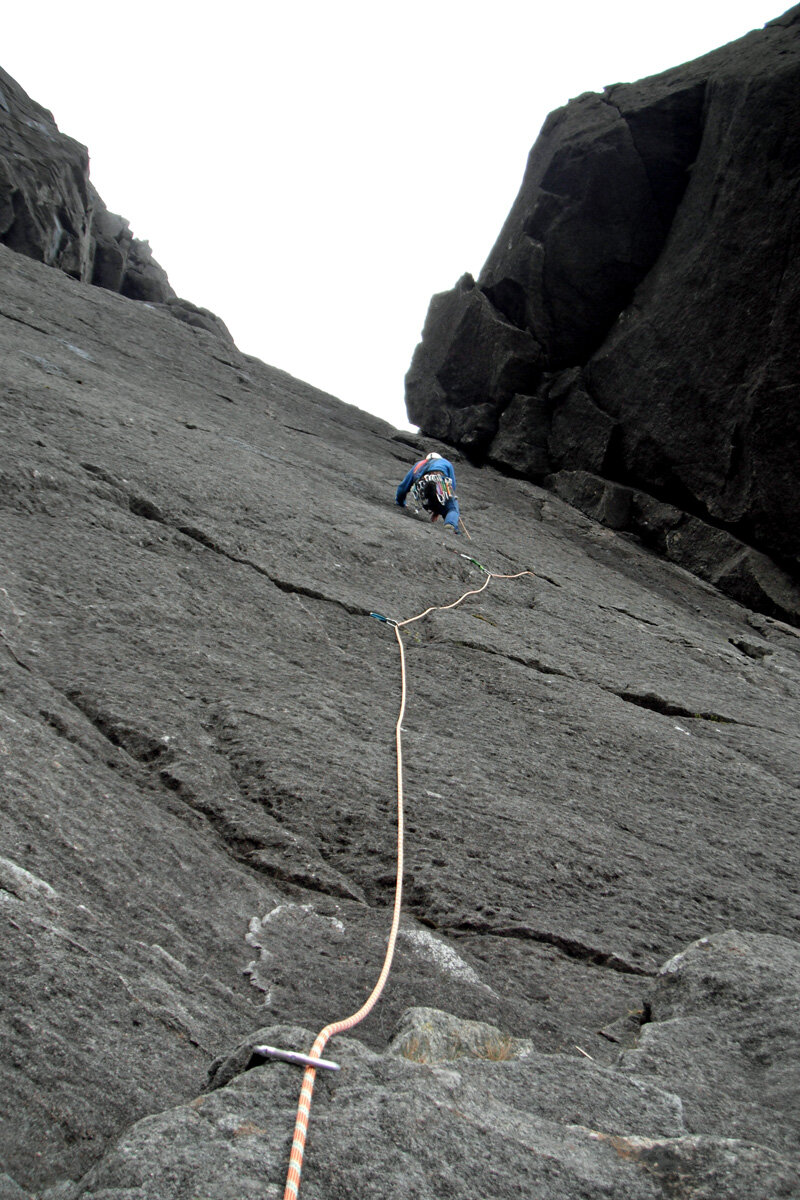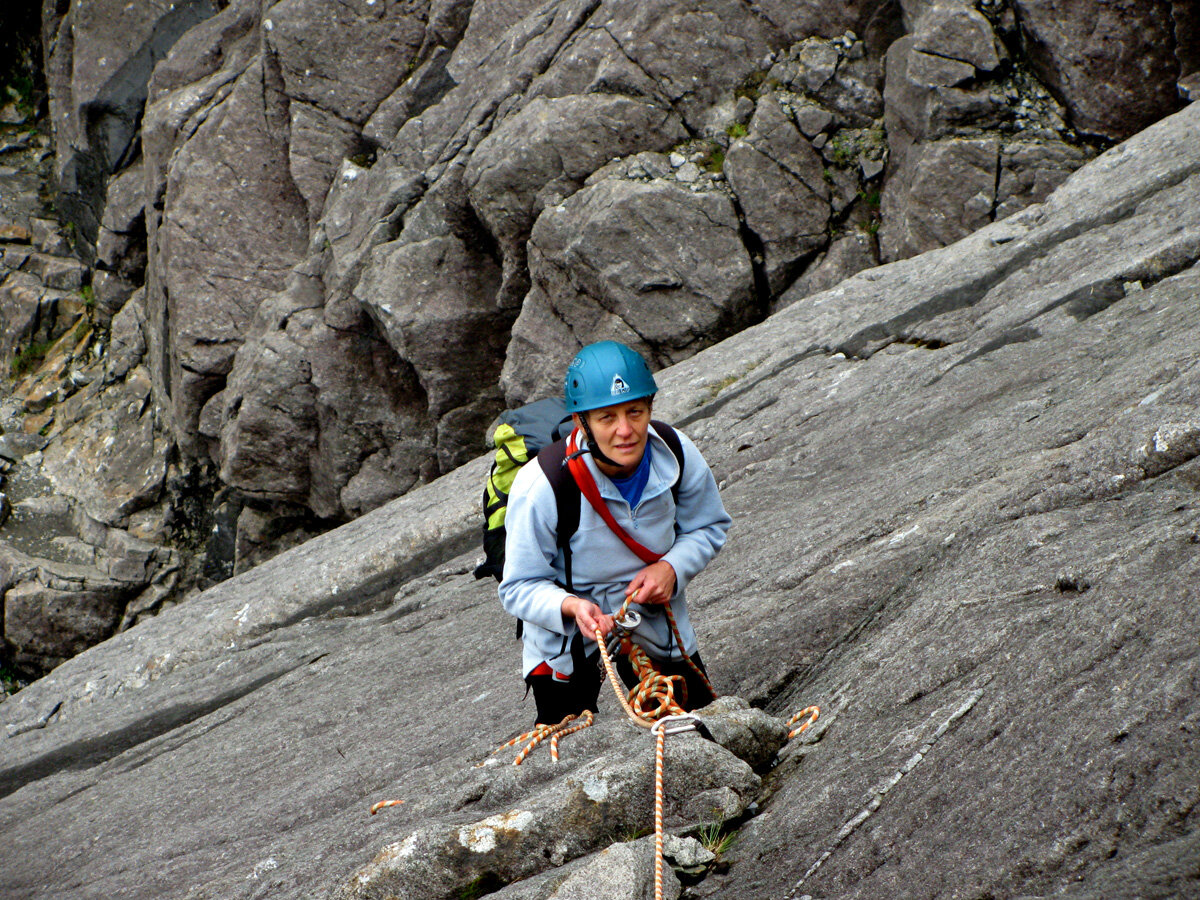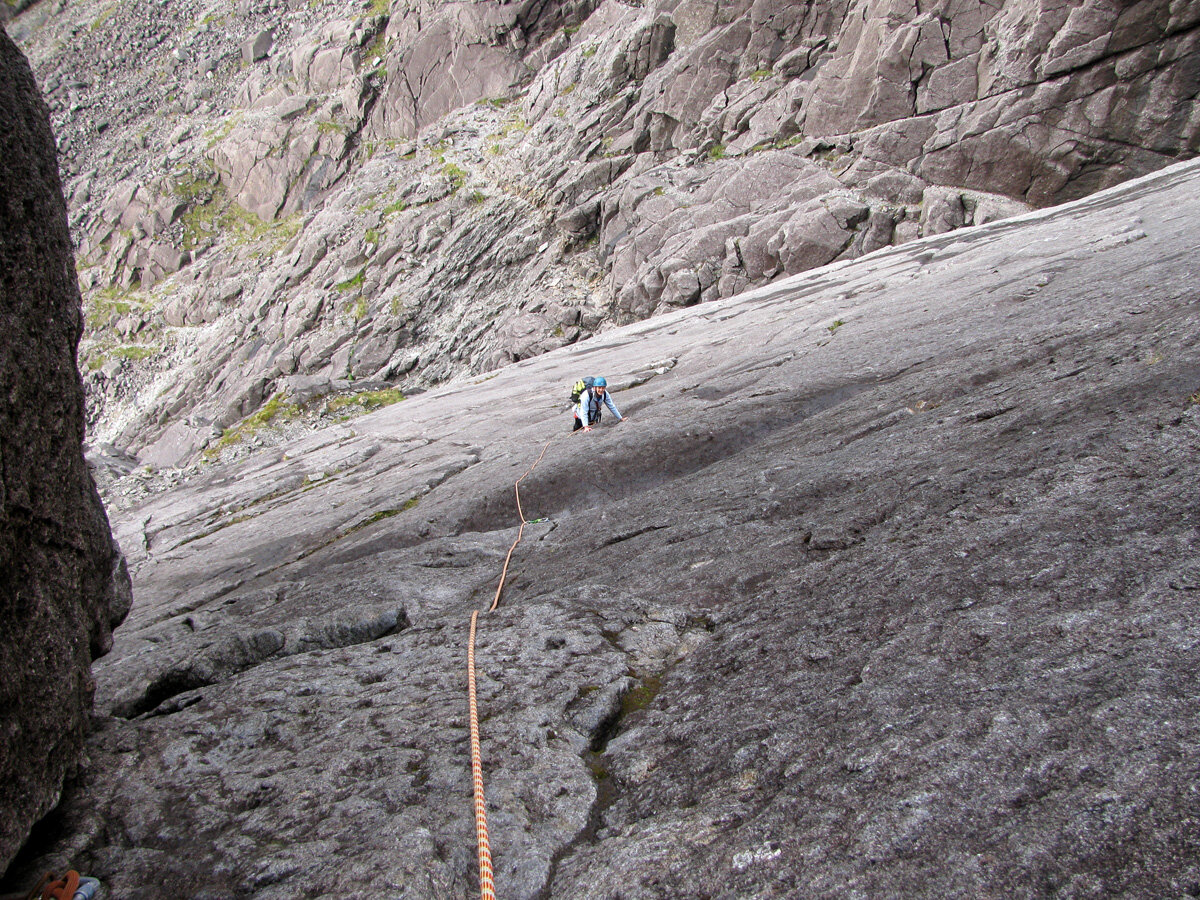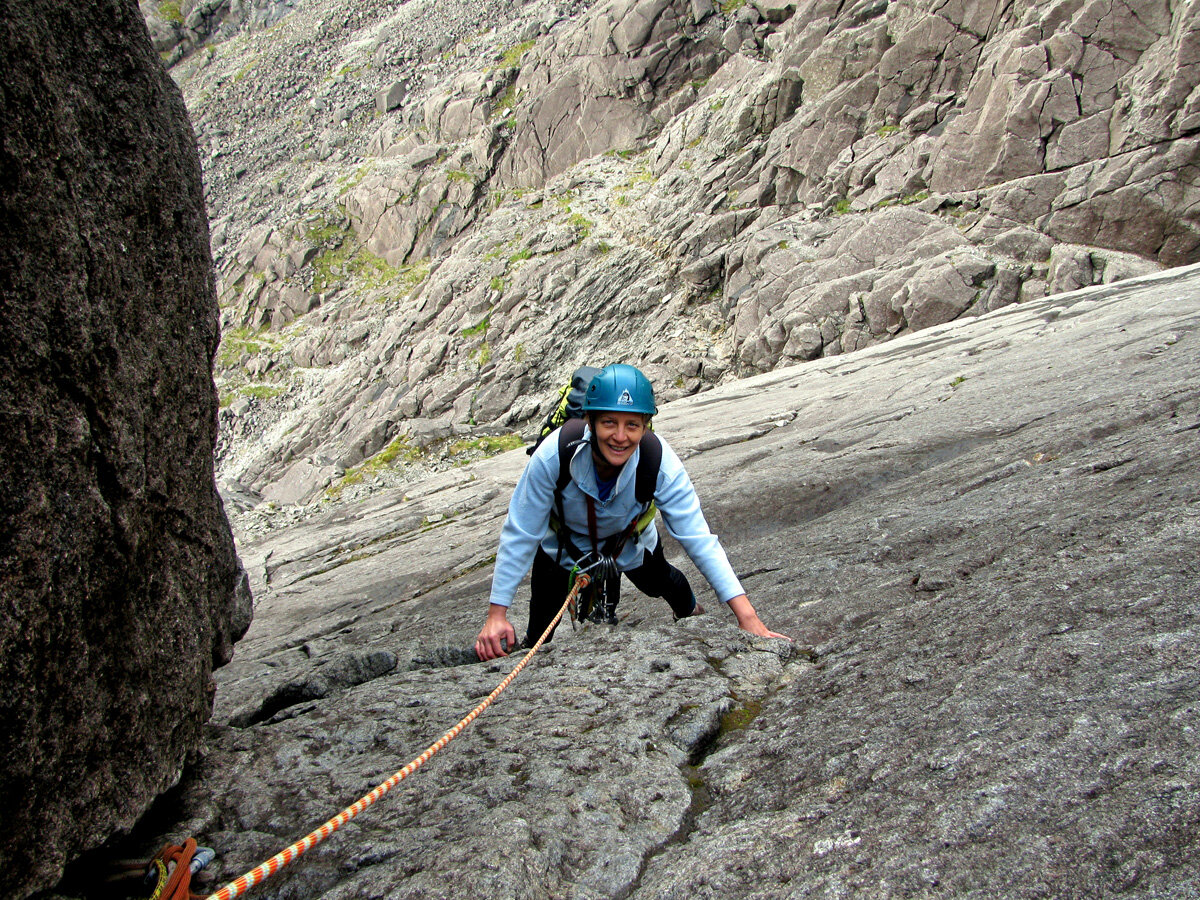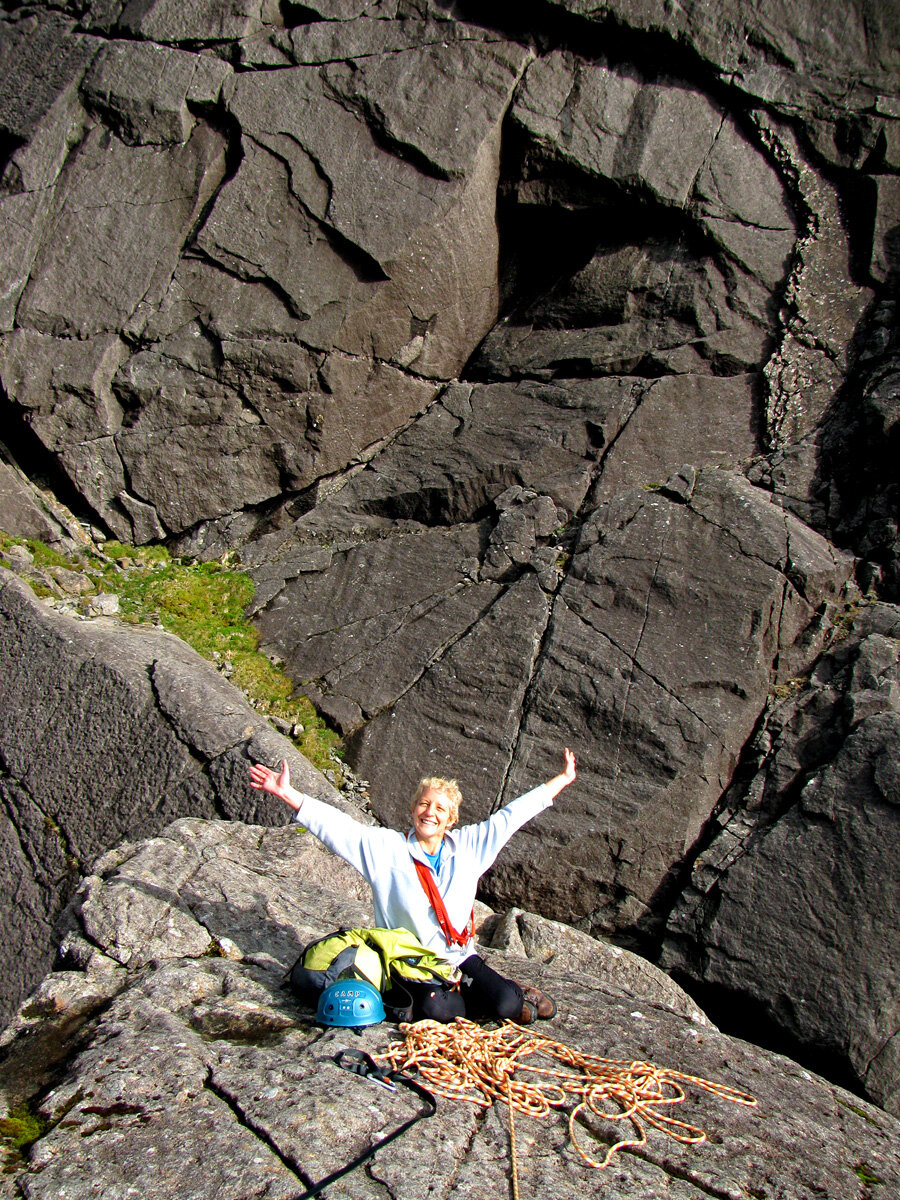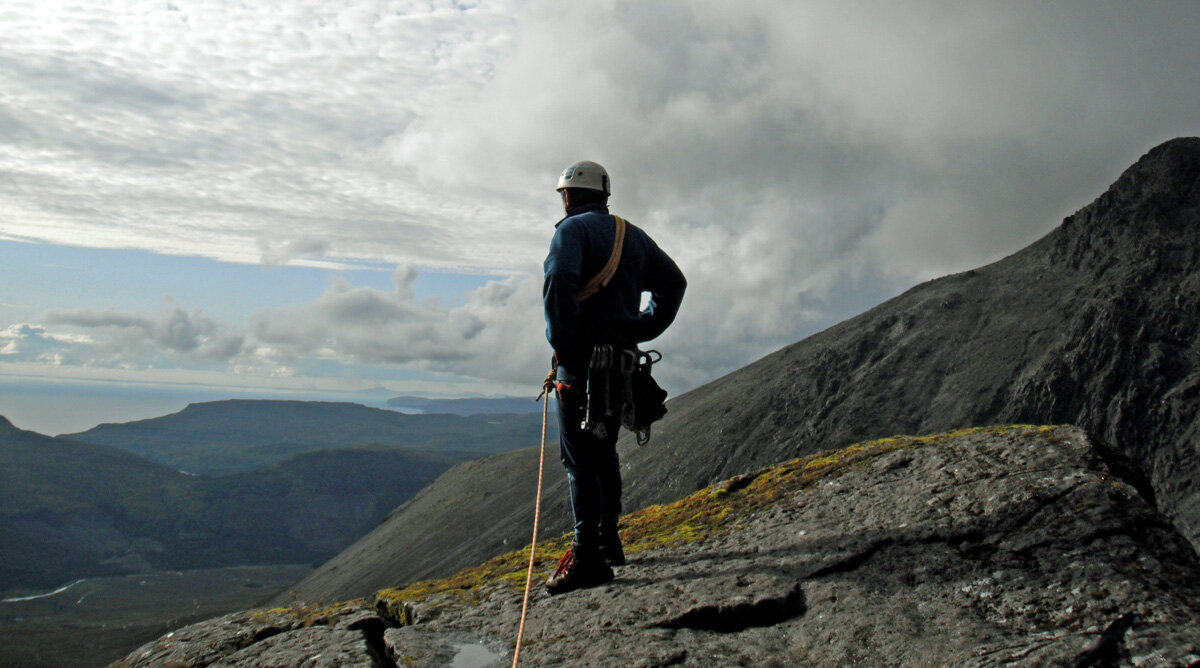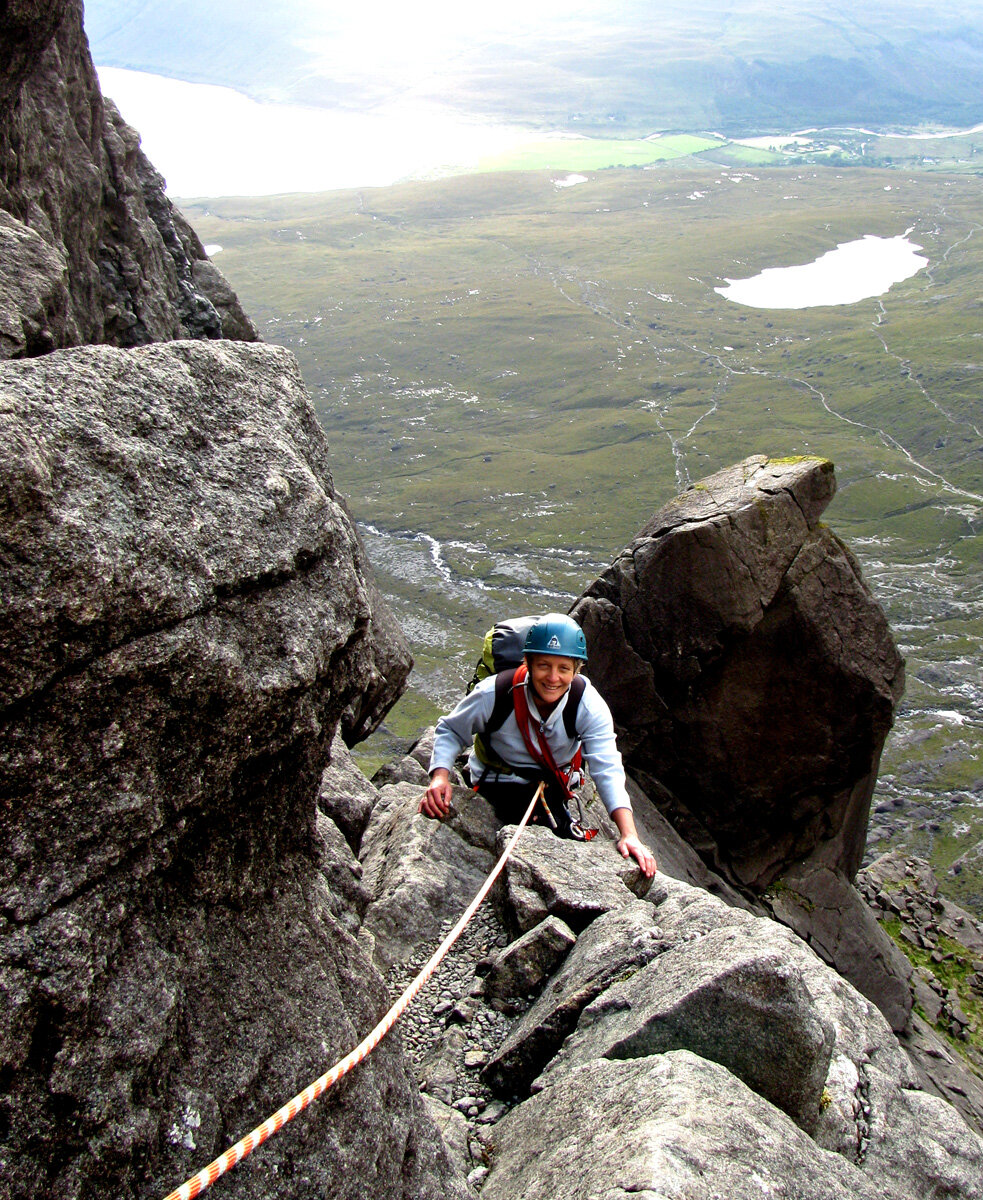I placed my scant belongings in the drawers beside my bed, stripped down to my underpants and climbed under the sheet and blanket. This moment, like so many since arriving on the ward, was a familiar experience leading me to think I had never really been away. It was another instant for me to grasp the fact I was here again. A wave of personal failure flooded through me as I nestled myself into the crisp clean sheets and lay my head on the comfortable pillow. Despite the noise of explosions and monsters being defeated from the two films, the cacophony of thoughts running through my head and my overwhelming despondency, I was soon asleep. I was exhausted.
I awoke in the early hours of the morning with a start and my mind was instantly alert. My levels of anxiety were heightened, and I found myself ruminating on what had occurred the day before and again, the hopelessness of my life. I lay in my bed, eyes wide open working through my options. I really did not want to be in hospital again. I felt such a failure. As daylight broke, I made up my mind once more to attempt to take my life. The ward I was in was almost opposite the nurse’s station but even still, I surreptitiously slunk into the adjacent shower and toilet room with a blanket I had pulled off my bed. The ward and bathroom facilities were constructed in a way it’s impossible for anyone to hang themselves. For example, the curtain rails around each bed are held in place with magnets and would detach if any weight was placed on them.
I had worked a way in which I could make another attempt to end my life by hanging myself. I tied a knot in one end of the blanket and placed this on the outside top of the bathroom door and then closed the door. With the other end I attempted to create a slip knot noose, but the blanket was too bulky. I then tied it around my neck and attempted to hang from it so I would choke. As I was fumbling with this futile process, the door burst open and I tumbled to the floor. Hands grabbed me and I was hustled without any grace back to my bed. A nurses voice sternly said to me, “No, we will not let you do this!”
A short while later I was taken into a side room and asked what I was trying to achieve. In no uncertain terms I was told not to attempt anything like this again because if I was going to do this on the ward, there was no point in me being here. This seemed to be a harsh implied threat, but in that instance, I realised with chagrin, I wouldn’t help myself by behaving in this fashion. The rest of the conversation was far more sympathetic. I agreed to never attempt self-harm again while I was on the ward. For the rest of the day, I maintained a self-imposed low profile, more out of embarrassment than anything else.
The following day I began the familiar process of settling into the comfortable routine of ward life. 8am was breakfast, 8.30am were the morning medications, 9.30 was the diary meeting when activities for the day were outlined and who the nurses for the various geographical areas of Argyll and Bute were, and finally any requests from the patients. These were invariably a lift down to the Co-Op in the pool car. And inevitably, the response to this was – only if possible, because of staff constraints. Straight after this meeting was a chance to take part in a relaxation session or Qi Gong. (I rarely attended these). 10am the tea and coffee trolley was wheeled into the communal area. 12midday was lunch. 2pm out came the tea and coffee trolley again. 5pm was dinner. 8pm the tea and coffee trolley made another appearance. Then it was the long haul for me to 10pm and night-time medication. During the day there were usually group sessions and Occupational Therapy creativity sessions.
Somehow each day passed smoothly and quickly. Except the long drag from 8pm to 10pm. By the evening I was desperate for my bed and as soon as I had received my meds at 10, I was not long climbing into the crisp sheets. As each day passed, so did the weeks. These then blended into months without any difficulty.
Every Tuesday I would have my meeting with the consultant Psychiatrist. I generally looked forward to these appointments because the Psychiatrist was a star! I thought so anyway. Despite the small room accommodating him, a nurse and a junior doctor, his attention was focussed on me. He was insightful to the point of brilliance. I thought so anyway. A few of his observations cut right through negative beliefs I held about myself. What was most important to me in these sessions was the way he worked with me. It was always clear he was the psychiatric expert, but I soon came to realise he saw me as my own expert. I was the person who understood myself the most and therefore I was always included in my treatment options. He would never decide a path of action without checking it through with me first. Sometimes of course I relied on his experience and wisdom to make the choice for me, but even then, he managed to do this in a way where I left the room at the end thinking the decisions were mutually agreed on. I trusted him completely.
Although the treatment emphasis was centred on medication as the primary intervention for my depression, a lot of weight was given to alternative courses of action. I was encouraged to go for a forty minute walk with a nurse at least once a day. I was also directed towards the group sessions which explored coping with heightened emotions, behavioural activation techniques and hearing voices. Then there was Occupational Therapy (OT) every day. It was because of these daily activities and the hourly routines the days slipped by.
To begin with, I found existing in the four bed ward I had been placed in pretty challenging. The two youngsters had no sense of consideration regarding noise, especially late into the night. I found myself retreating into my shell, hunkering down and attempting not allowing these stressors to get through to me. As an old hand at in-patient psychiatric living, I was mindful of the fact that each one of us was in hospital for our own reasons. To become irritated and judgemental would not help me at all. It was better, and easier, to accept everyone at face value and look upon them as a person and as a fellow patient like me. If there were folks I found difficult to be in the presence of, I had the simple option of finding another place on the ward to hang out. Generally, I kept myself to myself. I felt the need to be quiet and to occupy myself beside my bed with reading, colouring in a mindfulness colouring book, completing puzzles or surfing the world with my I-Pad. (The ward had Wi-Fi for the patients).
About eight days later I was moved into another four bed ward where the mood was completely the opposite. Each of us content to maintain a quietened atmosphere, to the point of not allowing the ward door to slam shut as it normally did. Also, the four of us related well with each other and chatted amiably about our lives out of hospital. We never talked of our individual reasons for our admission.
It took me nearly two months to begin to noticeably see (feel) an improvement in my mood. It took even longer for my levels of anxiety to become manageable. In the early stages of my admission, I expressed my continued desire to end my life, passionately angry about being cheated at being rescued. There were many times I found myself reduced to heartfelt sobs of hot tears; my body wracked by the strength of my emotion. The nurses I spoke to each day in the privacy of one of the side rooms patiently and compassionately listened to my exhortations. Their interjections were respectful and always helped me notice any glimmers of hope amongst the travails I was pouring out. Their insights were often pertinently enough to bring me up short with new awareness. These one to one chats were invaluable to me. I rarely sought the nurses out to speak, it was they who asked me if I wanted a chat. Sometimes a nurse would sit on my bed alongside me talking about my interests, such as sea kayaking, mountaineering, Scottish history and the Isle of Mull. These chats subtly helped me realise my passions in my life and in fact, I realised some remarkable achievements during recent years. It takes great effort on my part to embody this awareness.
Slowly, surely, step by step, my illness was diminishing. It took some time for me to accept my depression as an illness which ravaged my ability to view the world in technicolour instead of bleak monochrome. I allowed myself to be ‘ill’ and understood I had a place in hospital for as long as it would take for me to be cured. Up until this point I carried the guilt I was taking a bed when there were more deserving patients who could use it.
I was eventually given my own room with en-suite facilities. By this time, I was functioning well. I devoured easy to read whodunnit books, sometimes one a day! My parents kindly sent me two books a week and they did not last long. I also enjoyed my colouring book of wonderful scenes of West Coast Scotland landmarks and scenery. One of the joys of having my own space was if I woke early, the ability to read without fear of waking others. It took me until almost my discharge before I began to sleep soundly through the night. The downside of course was solitude. I missed the blether and craic of the four bed ward. However, the benefits of enjoying my space outweighed what I had given up.
My life on the ward was seamless. The weeks blurred into each other where bed change Saturdays seemed to come around all to rapidly. From the beginning of my stay I developed a rigorous rhythm to my days. I would be out of bed by seven in the morning, showered and bed made by eight. I refused to have my bed made by the nursing staff, including bed change days. I always attended the morning meeting even though I had nothing to contribute. I liked to be in the front of the queue for meds. I would make my way to the room where they were administered a good five minutes before time. I was always in bed by ten. If I had taken a ‘sleeper’ for the night, I would curl up and go straight to sleep. If I had declined one, I would read in my bed until my eyes were drooping. This always felt deliciously indulgent to me.
Mealtimes were a different matter. I preferred to wait until most folks had been served before making my way to the serving hatch. We each had chosen our meals from a good menu of options a couple of days before, so there was no danger of no food. I invariably chose a vegetarian option because I found these tastier. I never ate potatoes and loved the broccoli and the sprouts when these were available. I rarely took a pudding but if it was jam sponge or sticky toffee, then I couldn’t resist. Sometimes I would have seconds! All my meals were eaten hastily. I rarely lingered at the table.
I was a loner on the ward. I found gatherings in the communal areas too much for me. I never watched television or streamed films. My place was beside my bed unless I was attending one of the group sessions or OT. For a short while there was a card school in the evenings which I sat and watched being played. The banter was lively, and I found it funny the betting currency were the sachets of mealtime condiments.
Halfway through my stay, I started Cognitive Behavioural Technique (CBT) sessions with one of the nurses who was a skilled CBT therapist. In the past I had ashamedly discounted the therapy because of my training as a Transactional Analyst with psychotherapy speciality. CBT was looked upon as being a rather shallow approach to working with emotional distress. After the first session with the therapist, I realised with astonishment, I was going to benefit hugely from this work. I threw myself into every session and the ‘homework’ which was set afterwards. Sometimes it was tough going and it unlocked some painful long held beliefs about myself which took me time to assimilate. One of these surrounded the issue of assertiveness. I found this incredibly difficult and for a week, I was destabilised by this new awareness. I struggled with the notion of embodying assertiveness for myself. However, I worked this through, and today, now I’m home again, it’s this one attribute which I’m aware has helped me the most. Week by week because of my CBT, I sensed myself positively changing.
